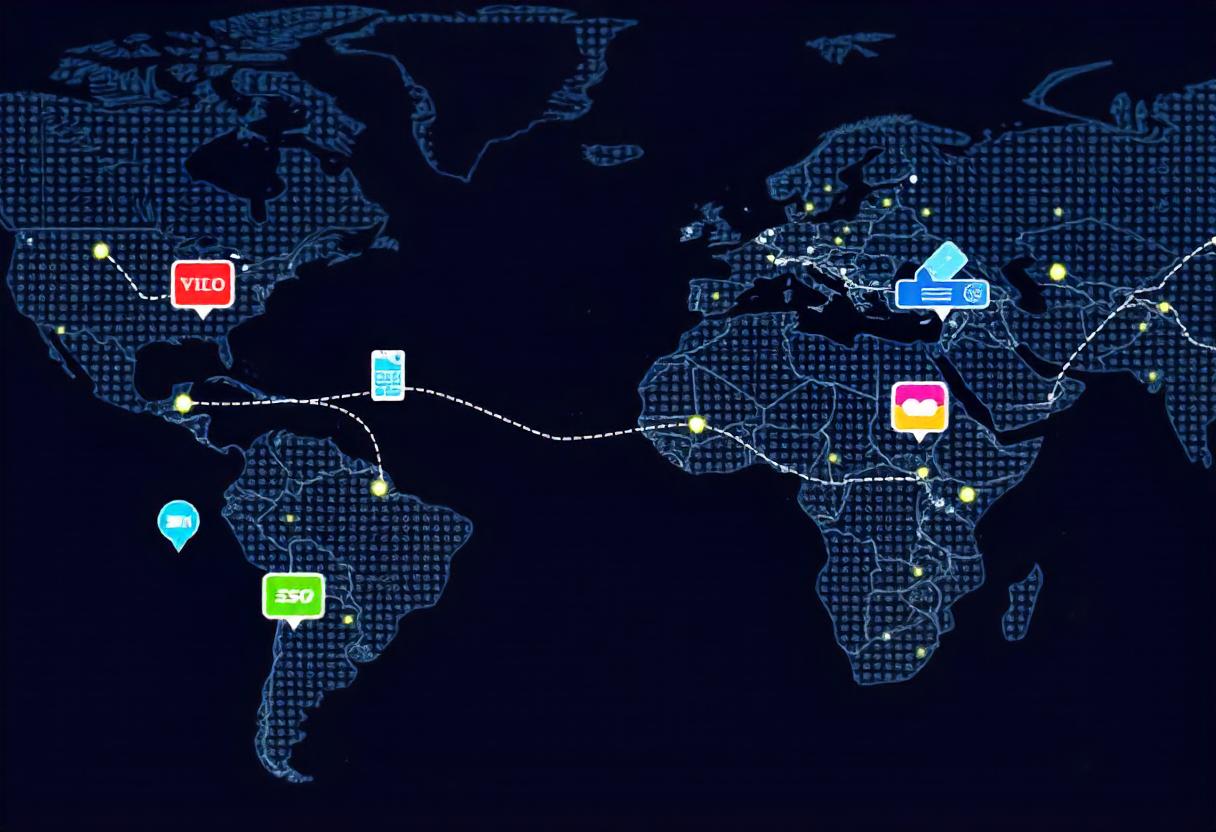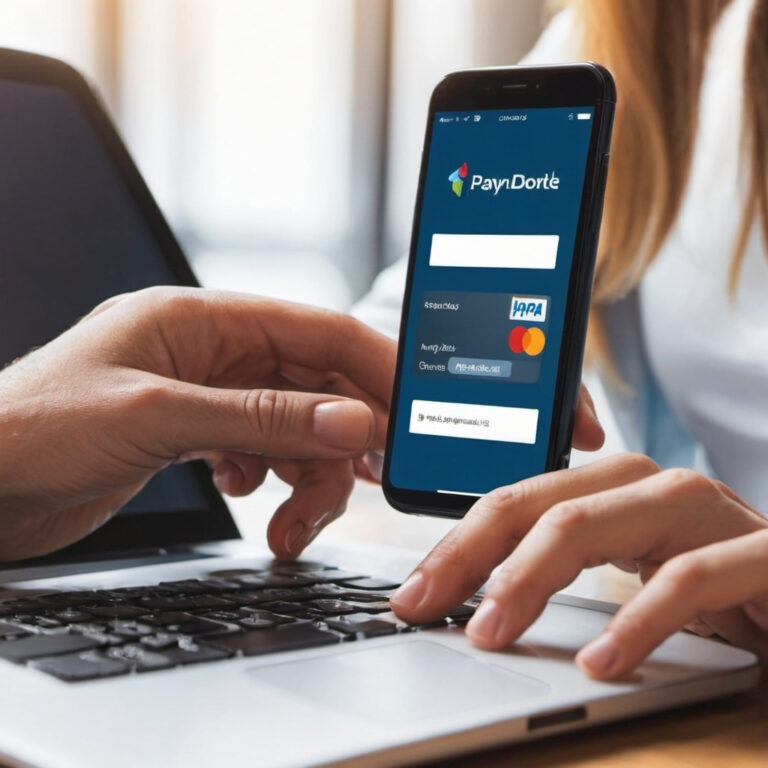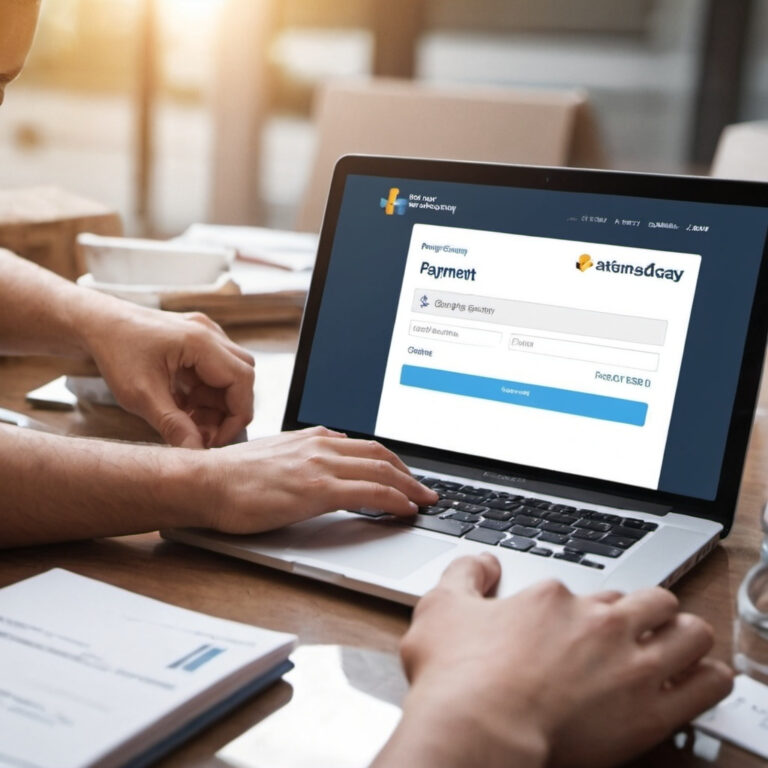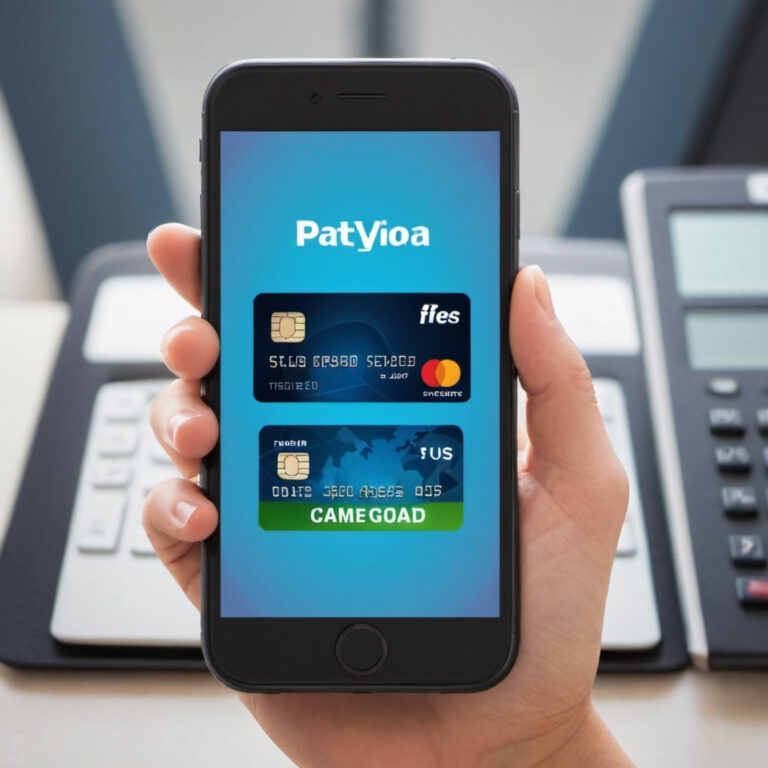International Payment Gateways: What You Need To Know
As e-commerce continues to expand globally, businesses must accommodate customers from various regions, currencies, and payment preferences. To do this, choosing the right international payment gateway is essential. An international payment gateway allows businesses to securely accept payments from customers across borders, while providing support for multiple currencies, languages, and payment methods.
Below is an overview of key aspects to consider when selecting an international payment gateway, popular gateway options, and important features to look for.
What is an International Payment Gateway?
An international payment gateway is a service that processes payments from customers worldwide. It facilitates the authorization and transaction between the buyer’s bank and the seller’s bank, ensuring that funds are securely transferred. In addition to handling credit and debit card payments, many international gateways offer support for alternative payment methods like digital wallets and bank transfers.
Key Features of International Payment Gateways
1. Multi-Currency Support
- A robust international payment gateway should support a wide range of currencies, allowing customers to pay in their local currency. The gateway automatically converts the currency to the business’s preferred currency for seamless transactions.
2. Global Payment Methods
- Customers around the world prefer different payment methods, including credit cards, e-wallets, and direct bank transfers. An international payment gateway should support popular methods such as Visa, MasterCard, PayPal, Apple Pay, and regional options like Alipay (China), Giropay (Germany), or iDEAL (Netherlands).
3. Language Localization
- To cater to international customers, many payment gateways offer multi-language support, which allows the payment process to be displayed in the customer’s native language, providing a more user-friendly experience.
4. Fraud Prevention and Security
- When dealing with international transactions, fraud risks increase. A top-tier international payment gateway should include advanced fraud detection and prevention tools such as machine learning algorithms, address verification services (AVS), and tokenization to secure sensitive payment data.
5. PCI Compliance
- PCI DSS (Payment Card Industry Data Security Standard) compliance is essential for safeguarding customer payment information. The payment gateway should comply with global security standards, ensuring that sensitive payment data is encrypted and protected.
6. Seamless Integration
- The payment gateway should easily integrate with your existing e-commerce platform, website, or mobile app. Many gateways offer plugins or APIs that make integration seamless.
7. Currency Conversion Fees and Exchange Rates
- Keep an eye on the fees associated with currency conversion. Some payment gateways charge extra fees for converting currencies or apply less favorable exchange rates, which could affect your profit margins.
8. Cross-Border Transaction Fees
- In addition to currency conversion, some gateways charge cross-border transaction fees for processing payments from different countries. Ensure you are aware of all potential fees to avoid surprises.
Popular International Payment Gateways
Here are some of the most popular international payment gateways that support global transactions:
1. PayPal
- Overview: One of the most widely used international payment gateways, PayPal is available in over 200 countries and supports more than 25 currencies.
- Key Features:
- Multi-currency support and automatic currency conversion.
- Fraud protection tools like buyer and seller protection.
- Easy integration with e-commerce platforms.
- Fees: PayPal charges a fee of 2.9% + $0.30 for domestic transactions, but cross-border and currency conversion fees vary depending on the region.
2. Stripe
- Overview: Stripe is known for its developer-friendly platform and support for over 135 currencies. It’s widely used by businesses that require customizable payment solutions.
- Key Features:
- Stripe Radar for fraud detection using machine learning.
- Support for alternative payment methods like Apple Pay, Google Pay, and Alipay.
- Flexible API for integration.
- Fees: Stripe charges 2.9% + $0.30 per transaction, with additional fees for international payments and currency conversion.
3. Authorize.Net
- Overview: A well-established payment gateway, Authorize.Net is available in over 30 countries and supports multiple currencies.
- Key Features:
- Advanced Fraud Detection Suite (AFDS) to reduce the risk of fraud.
- Supports major credit cards and e-check payments.
- PCI DSS compliance.
- Fees: Monthly gateway fee of $25, plus 2.9% + $0.30 per transaction. Cross-border fees apply for international transactions.
4. Adyen
- Overview: Adyen is a global payment platform used by major companies like Uber and Spotify. It supports over 200 payment methods and 150 currencies, making it ideal for international businesses.
- Key Features:
- RevenueProtect, a risk management system to reduce fraud.
- Supports local and international payment methods, including digital wallets.
- Dynamic 3D Secure for added payment authentication.
- Fees: Adyen’s fees vary by payment method, transaction size, and country. There are no setup or monthly fees, but transaction fees apply.
5. 2Checkout (Verifone)
- Overview: 2Checkout supports over 200 countries and 45+ payment methods, offering a flexible solution for businesses looking to go global.
- Key Features:
- Supports recurring billing and subscription models.
- Localized payment experience with language and currency support.
- Built-in fraud detection tools.
- Fees: 2Checkout charges 3.5% + $0.35 per successful transaction for international payments, with additional fees for currency conversion.
6. Worldpay
- Overview: A global leader in payment processing, Worldpay offers extensive support for international transactions, with a presence in over 146 countries.
- Key Features:
- Multi-currency processing and local payment methods.
- Comprehensive fraud detection tools.
- Advanced reporting and analytics.
- Fees: Worldpay’s fees vary based on the region, transaction size, and payment method. Negotiated pricing is available for businesses with high volumes.
How to Choose the Right International Payment Gateway
Here are a few factors to consider when choosing the best international payment gateway for your business:
1. Business Model
- If you’re running a subscription-based service, look for a gateway that supports recurring payments. For e-commerce stores, ensure the gateway integrates with your platform.
2. Target Markets
- Consider the regions and countries where your customers are located. Choose a gateway that supports the preferred payment methods in those markets.
3. Transaction Fees
- Compare fees for domestic vs. international transactions, currency conversion, and cross-border charges. Be sure to understand how these fees will affect your margins.
4. Security and Compliance
- Prioritize gateways that offer strong fraud prevention tools and adhere to PCI DSS standards. Ensure the gateway offers features like 3D Secure for extra payment authentication.
5. Customer Support
- Choose a provider with reliable customer support, especially if you’re dealing with international payments, which may require quick resolution of issues.
An international payment gateway is an essential tool for any business looking to expand globally. When selecting a gateway, prioritize factors like multi-currency support, fraud protection, transaction fees, and customer experience. Popular choices like PayPal, Stripe, and Authorize.Net offer a range of features that make it easier for businesses to accept payments from customers around the world. Make sure to carefully assess your business’s needs and choose a gateway that provides the right balance of flexibility, security, and cost.




